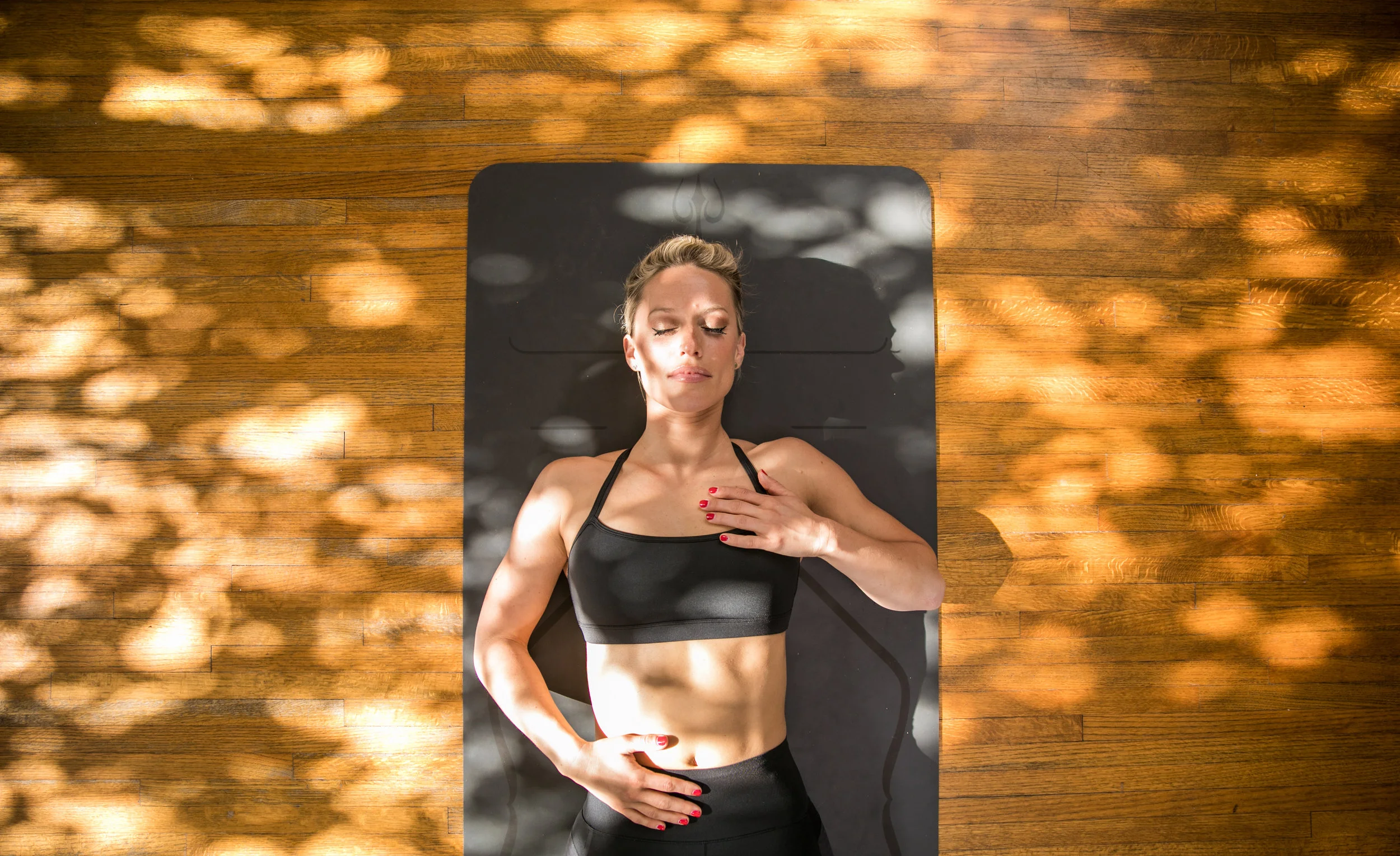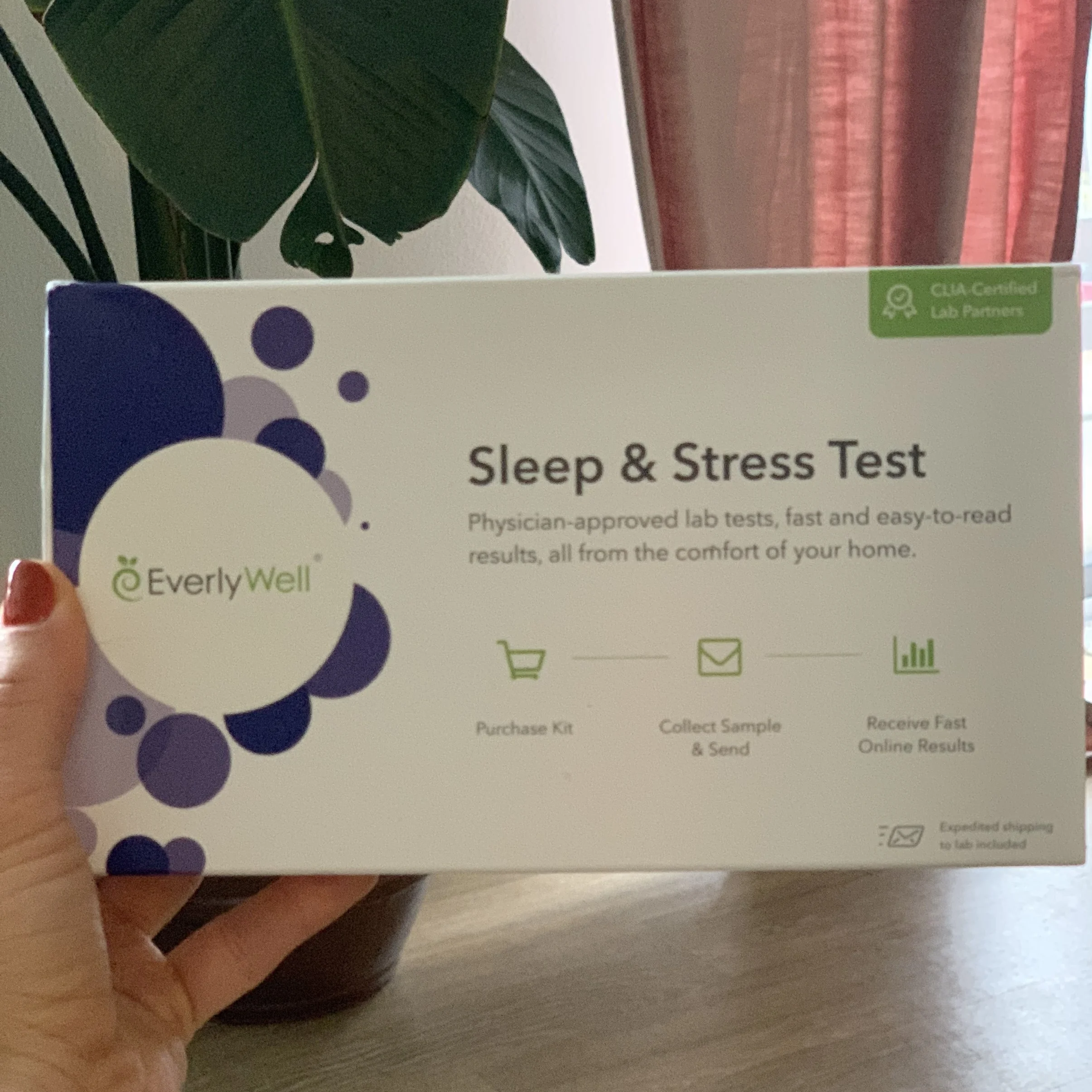Sleep + Stress (how you can improve yours with EverlyWell!)
As you know, I have committed my life to the AWAKE mission. Devoting myself to practices that quiet down life’s distractions, to reveal the beauty that lives in the present moment, so I may spend my waking hours with a real purpose. That being said, when I saw EverlyWell offered an at-home test where I could examine my sleep and stress in greater detail, I was extremely interested. Stress and sleep are two of the most important factors in our health and they are closely related. Poor sleep can cause stress, and increased stress can contribute to poor sleep, both of which can make living an AWAKE life more difficult or nearly impossible. When I am sleep-deprived or overly stressed, I feel like I’m operating in survival mode, not from a generative place. So, needless to say, I was on board to take the Sleep and Stress test!
USE PROMO CODE CHELSEY TO GET 15% OFF YOUR OWN SLEEP AND STRESS TEST
Taking the test was very easy. EverlyWell makes it nearly foolproof to collect four urine samples throughout one day. I collected my sample right on the collection paper at the suggested times -- right when I woke up, two hours later, before my dinner meal, and right before bedtime. I allowed the samples to dry overnight and then placed them in the pre-paid envelope — that was it; all done!
A week later my results were in. I learned many issues with stress and sleep are demonstrated by, and can be contributed to, the primary sleep and stress hormones cortisol and melatonin. Examining these throughout the day, and how they relate to each other, can offer insights in abnormalities in stress and sleep patterns.
My results showed that I had raised levels of both melatonin before bed and cortisol before waking up, but normal levels throughout the day. I hopped on a call with a doctor at EverlyWell to discuss why this might be. She asked me what time I usually go to bed. My response was, “Very early, like 8:30 or 9pm”. You see, my fiancé has a sleeping disorder so while a typical adult may need 5-8 hours of sleep per night to recover and rebuild, Mike needs more like 10-13hrs. For the last two years, since we’ve been living together, I just go to bed when he does.
The other bit of information I shared was the fact that I am not great about limiting my screen time before bed because some nights I’m not tired by 8:30pm. I tend to answer emails and such from my computer in bed. I was surprised to learn from the doctor just how damaging this is to my sleep cycle. Too much light, as emitted from video screens, at night can affect melatonin production and fool the brain into thinking the body isn't ready for sleep. And the raised levels of cortisol in the morning was a sign that my body was likely having trouble waking up, so it had to offer a surge of the hormone to aid that process. I was instructed to limit my screen time at night and no more screens in bed. Also, to start listening to my own body’s need for sleep, and not base my rhythm off of Mike’s rhythm. All very helpful advice! She warned me that if this cycle persists, I may experience adrenal fatigue in the future, so I took this advice to heart. Screen time from bed is a thing of the past for me.
I hope you found this information to be helpful! If you would like to take your own Sleep and Stress test or any of the other 31 at-home tests available from EverlyWell, I can’t recommend them highly enough! Check them out here: https://www.everlywell.com/products/sleep-and-stress-panel/
For a 15% discount use promo code: CHELSEY


